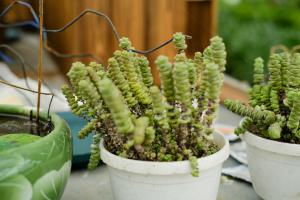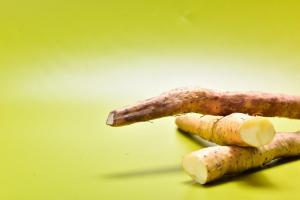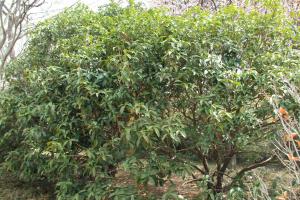How to Keep Potted Plants in the Home
Potted plants are a beautiful and simple way to add some greenery to your home. Not only do they look nice, they can also purify the air and provide a relaxing atmosphere. However, taking care of potted plants can be a challenge, especially if you’re new to gardening or have a busy schedule. Here are some tips to help you keep your potted plants healthy and thriving in your home.
Choosing the Right Pot and Soil
The first step in keeping potted plants in your home is choosing the right container and soil. The pot you choose should be properly sized for the plant you’re trying to grow, as well as have good drainage holes to prevent root rot. Additionally, the soil you use should be appropriate for the specific plant—some plants prefer well-draining soil, while others prefer soil that retains moisture. You can consult with your local nursery or search online for guidance on choosing the right pot and soil for your plant.
Watering Tips
One of the most important aspects of keeping potted plants healthy is proper watering. Overwatering can lead to root rot and other issues, while under watering can cause the plant to wither and die. The amount and frequency of watering will depend on the type of plant and the environment in which it’s growing, but as a general rule, it’s better to water your plants more often with less water than to drench them infrequently. Always check the soil moisture level before watering, and make sure the pot has good drainage to prevent water from sitting in the bottom.
Light and Temperature
Most houseplants need plenty of light to thrive, though the amount and type of light can vary depending on the plant. Some plants prefer direct sunlight, while others prefer indirect light or even shade. Temperature can also be a factor, as some plants prefer cooler temperatures while others prefer warmth. It’s important to research the specific needs of your plant to ensure it’s getting the right amount of light and temperature for optimal growth.
Feeding and Fertilizing
Another important aspect of keeping potted plants healthy is providing them with adequate nutrients. While soil and water can provide some nutrients, fertilizer can be a useful supplement to promote growth and flowering. However, it’s important not to over-fertilize, as this can harm the plant. Follow the instructions on the fertilizer container, and don’t fertilize during winter months or when the plant is stress.
Proper Maintenance
Finally, proper maintenance is crucial to keeping your potted plants healthy in your home. This includes regularly pruning dead or damaged leaves, repotting as needed, and checking for pests and disease. Don’t be afraid to remove unhealthy portions of the plant to promote overall health and growth.
By following these tips, you can keep your potted plants thriving in your home and enjoy their beauty and benefits for years to come.

 how many times do yo...
how many times do yo... how many planted tre...
how many planted tre... how many pine trees ...
how many pine trees ... how many pecan trees...
how many pecan trees... how many plants comp...
how many plants comp... how many plants can ...
how many plants can ... how many plants and ...
how many plants and ... how many pepper plan...
how many pepper plan...






























